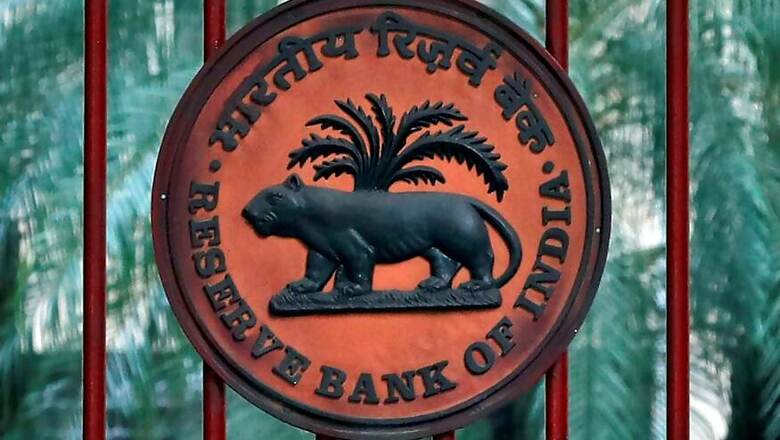
views
The Reserve Bank of India (RBI), at the end of its August monetary policy review meeting, announced a series of steps that will help boost usage of digital modes of payments in India, helping the country move towards its target of being a less-cash economy. Here are the three key decisions taken by the central bank, which are being seen as game-changers by experts for the payments ecosystem in India:
Bharat Bill Payment System
The Bharat Bill Payment System is an inter-operable platform for repetitive bill payments. RBI on Wednesday said it will allow all categories of billers, except prepaid recharges, under the Bharat Bill Payment system. The system currently covers billers in five segments — DTH, electricity, gas, telecom and water bills. Now as the RBI widens the ambit of Bharat Bill Payment System, it may cover payments like school fees, maintenance charges in housing societies, etc. The central bank is expected to issue detailed instructions in this regard by the end of September 2019. The move will help in digitisation of cash-based bill payments
NEFT
RBI on Wednesday announced that National Electronic Fund Transfer (NEFT) platform will be made available on a 24X7 basis starting December, helping in transfer of funds even during weekends. NEFT transfers are currently processed only between 8am and 7pm on working days. Though RTGS is another mode for real-time payments used by customers, it can only be used for high-value transactions with a minimum limit of Rs 2 lakh. So for people who want to transfer small amounts instantly, even on weekends and holidays, this decision will be significant.
Central Payment Fraud Registry
As the digital payment ecosystem expands, it is important to put necessary safeguards in place. In this regards, RBI announced that it would set up a Central Payment Fraud Registry to track frauds in the payment systems. Payment system participants will be provided access to this registry for near-real time fraud monitoring. The aggregated fraud data will be published to educate customers on emerging risks. A detailed framework for setting up the Central Payment Fraud Registry will be put in place by the end of October 2019, RBI said. The move will help build trust among customers who are still sitting on the fence when it comes to digital modes of payment.



















Comments
0 comment